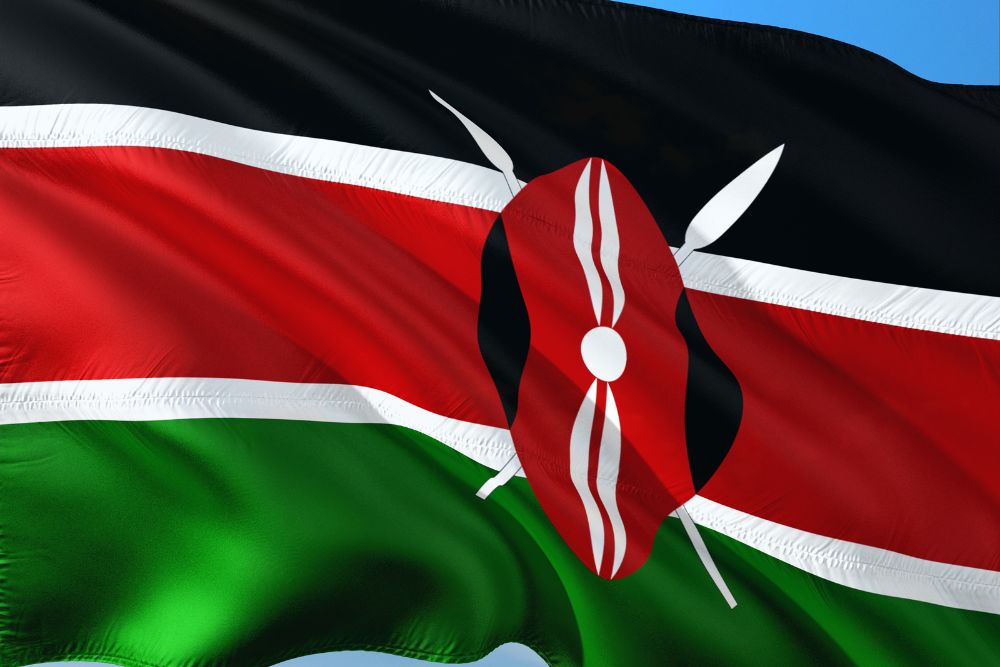The International Commission of Jurists (ICJ) underlines the need for the judiciary to step in and enforce the right to inclusive, quality education in Kenya. In addition, the ICJ, in partnership with the Global Initiative for Economic, Social and Cultural Rights and the Mathare Community Education Taskforce, calls on Kenyan authorities to simultaneously take measures to build more public schools in under-served areas such as Mabatini and Ngei wards of Mathare, and to ensure effective regulation and monitoring of the provision of education by private actors, in line with international law.
These calls follow on from ICJ and GI-ESCR’s report ‘Build Us More Schools’: The Quest for Quality Free Education in Mabatini and Ngei Wards of Mathare, Nairobi’ launched in July 2024. Building on this research, the organisations made a submission to the United Nations Committee on Economic, Social and Cultural Rights (UNCESCR) in January 2025, for its consideration when reviewing Kenya’s report.
In March 2025, Mr. Noah Adipo, Community Liaison of the Mathare Community Education Taskforce, travelled to Geneva to engage with members of the CESCR and share the challenges faced by community members in accessing education.
“Two administrative wards in Mathare, which hold 80,00 to 100,000 residents each, have no public schools. Kids are walking long distances to access public schools outside of these wards, or they are attending private schools in the area at great expense”, he said.
“We urge the CESCR to recommend that the Kenya government builds inclusive, quality public schools in Ngei and Mabatini wards of Mathare”, added Adipo.
The ICJ regrets that the dialogue between the CESCR and the Government of Kenya, originally scheduled for March 2025, was postponed at a late stage upon the request of the Government.
Having spent years advocating for the building of such public schools, the Mathare Community Education Taskforce is now seriously considering litigation as a means of ensuring that all children can access education.
“Kenyan courts are empowered to adjudicate cases on the social and economic rights entrenched in the Constitution. We are supporting the Taskforce in equipping themselves with knowledge about their rights and the legal processes that they can follow to vindicate them”, said Wilson Macharia, ICJ’s Legal Adviser.
“What is particularly important is that the arguments made before Kenyan courts fully incorporate international law and standards on the right to education, and that Kenyan courts fully consider and apply international law in their decisions”, he concluded.
These comments were made in the context of a workshop on strategic litigation on the right to education held with the Mathare Community Education Taskforce in Mathare on 6 March 2025. The event gave community members an opportunity to reflect on the possibility of litigation and to better understand the legal processes in the Kenyan justice system which would need to be followed for a case to be launched.
Contact:
Wilson Macharia, Legal Adviser, ICJ Africa Regional Programme, e: wilson.macharia@icj.org
Resources
ICJ and GI-ESCR Submission to CESCR Committee
Noah Adipo’s Oral Statement to CESCR Committee
Background
In terms of international law, Kenya must ensure that education is available, accessible, adaptable and acceptable in order to comply with its legal obligations under the International Covenant on Economic, Social and Cultural Rights, the Convention on the Rights of the Child and other treaties binding on Kenya, including the African Charter on the Rights and Welfare of the Child and the African Charter on Human and People’s Rights. Article 43(1)(f) of the Kenyan Constitution protects the right to education and Article 2(6) indicates that “any treaty or convention ratified by Kenya shall form part of the law of Kenya under this Constitution”.
The Abidjan Principles on the human rights obligations of States to provide public education and to regulate private involvement in education provide further clarity to States in respect of their obligation to effectively regulate private actor involvement in education.





